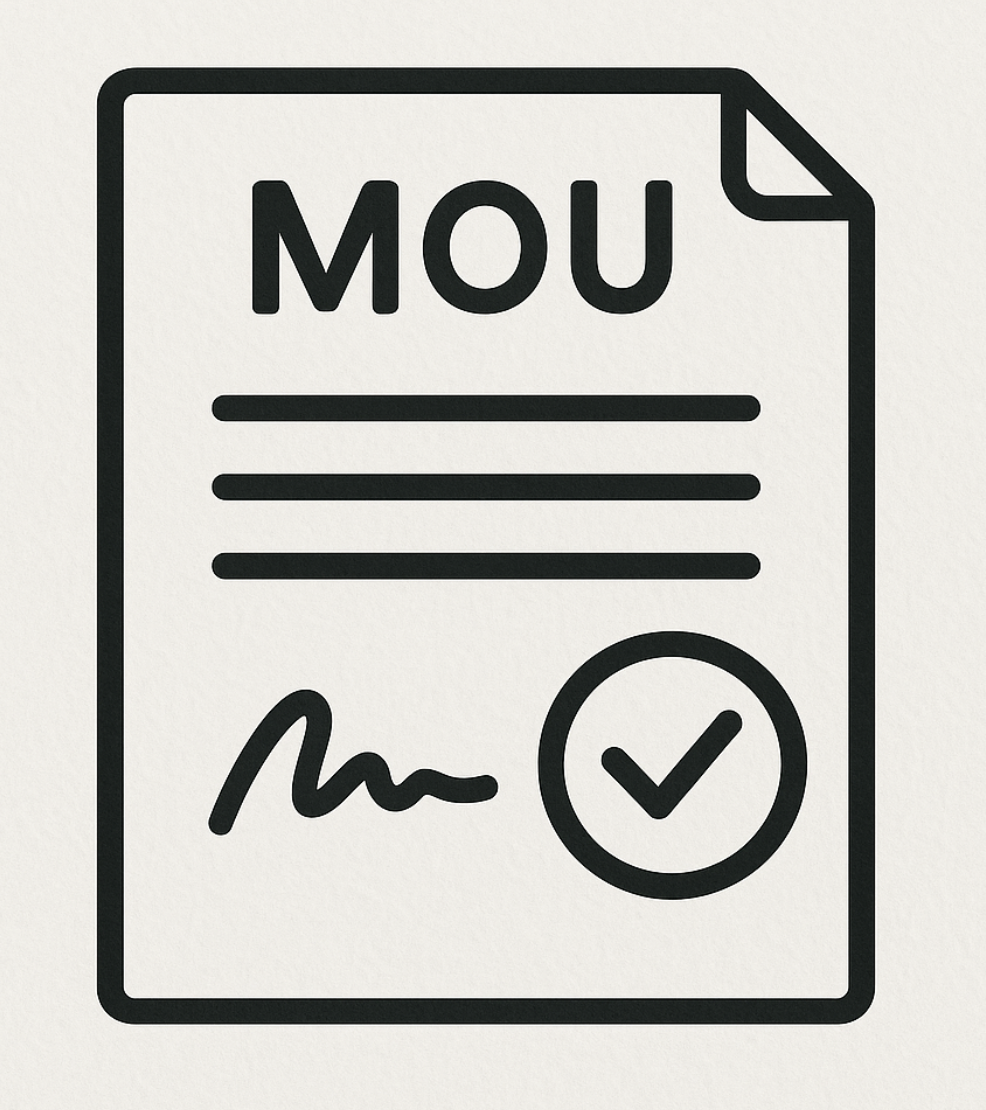ASPEK-ASPEK KEBIASAAN EDUKATIF YANG DITANAMKAN ORANGTUA BERPROFESI SEBAGAI GURU DALAM MEMBINA PERILAKU SOSIAL ANAK DI MASYARAKAT
DOI:
https://doi.org/10.18592/jtipai.v12i2.7755Abstract
Abstract: The family is the main foundation for cultivating and strengthening educational values. The best education can be realized through a family built on the principles of the Koran. The rapid pace of modern currents has more or less threatened the world of education and resulted in the erosion of the morale of the nation's generation. The busyness of working parents which often leads to forgetting essential responsibilities is fatal to the child's life in the future. This research is field research. Data collection is carried out by observation, interviews, and documentation. The results of this study show that each parent has different strategies and steps in educating their children. However, parents have the same goal of realizing the best education for their children. From this research, various educational habits will be seen instilled by parents who work as teachers so that they can realize the best education for children's lives in society even though faced with various busy schedules, and time with children which tends to be limited.Keywords: Islamic Family Education; Parents are teachers by profession, children's social behavior.Abstrak: Keluarga merupakan pondasi utama dalam penanaman dan penguatan nilai-nilai pendidikan. Pendidikan terbaik dapat terwujud melalui keluarga yang dibangun atas prinsip Alquran. Pesatnya arus modern sedikit banyak telah mengancam dunia pendidikan dan berakibat pada tergerusnya moral generasi bangsa. Kesibukan orang tua bekerja yang seringkali menyebabkan lupa dengan tanggung jawab hakiki berakibat fatal terhadap kehidupan anak di masa mendatang. Penelitian ini merupakan penelitian lapangan. Pengumpulan data dilakukan dengan obsevasi, wawancara, dan dokumentasi. Hasil penelitian ini menunjukan bahwa setiap orang tua memiliki strategi dan langkah yang berbeda dalam mendidik anak-anaknya. Akan tetapi, pada dasarnya orang tua memiliki tujuan yang sama demi mewujudkan pendidikan terbaik bagi anak-anaknya. Dari penelitian ini akan dilihat berbagai kebiasaan edukatif yang ditanamkan orang tua yang berprofesi sebagai guru sehingga dapat mewujudkan pendidikan terbaik untuk kehidupan anak di masyarakat meski dihadapkan dengan berbagai kesibukan, padatnya jadwal, serta waktu bersama anak yang cenderung terbatas.Keywords: Pendidikan Keluarga Islam, Orang Tua Berprofesi Guru, Perilaku Sosial Anak.References
Baharun, Hasan. “Pendidikan anak dalam Keluarga; Telaah epistemologis.” PEDAGOGIK: Jurnal Pendidikan 3, no. 2 (2016).
Bariyah, Siti Khusnul. “Peran Tripusat Pendidikan Dalam Membentuk Kepribadian Anak.” Jurnal Kependidikan 7, no. 2 (29 November 2019): 228–39. https://doi.org/10.24090/jk.v7i2.3043.
Basir, Abdul. Model Pendidikan Keluarga Qur’ani (Studi Sûrah Ãli ‘Imrân dan Luqmân). Banjarmasin: Antasari Press, 2015.
Buseri, Kamrani. “Epistemologi Islam dan Reformasi Wawasan Pendidikan.” Jurnal Ilmiah Peuradeun 3, no. 1 (28 Januari 2015): 77–102.
Dahlan, Aisyah. Maukah Jadi Orang Tua Bahagia. Jakarta: Pustaka elmadina, 2022.
Husin, Nixson. “Hadits-Hadits Nabi Saw. Tentang Pembinaan Akhlak.” Jurnal An-Nur 4, no. 1 (27 September 2016). https://ejournal.uin-suska.ac.id/index.php/Annur/article/view/2051.
Isnaini, Rohmatun Lukluk. “Penguatan Pendidikan Karakter Siswa Melalui Manajemen Bimbingan Dan Konseling Islam.” MANAGERIA: Jurnal Manajemen Pendidikan Islam 1, no. 1 (2016): 35–52. https://doi.org/10.14421/manageria.2016.11-03.
Khunaifi, Aan Yusuf, dan Matlani Matlani. “Analisis Kritis Undang-Undang Sisdiknas Nomor 20 Tahun 2003.” Jurnal Ilmiah Iqra’ 13, no. 2 (21 Oktober 2019): 81–102. https://doi.org/10.30984/jii.v13i2.972.
Muvid, Muhamad Basyrul. Tasawuf Kontemporer. Jakarta: Amzah, 2020.
Putra, Ary Antony. “Konsep Pendidikan Agama Islam Perspektif Imam Al-Ghazali.” Jurnal Pendidikan Agama Islam Al-Thariqah 1, no. 1 (2016): 41–54. https://doi.org/10.25299/althariqah.2016.vol1(1).617.
Sa’adah, Enok Hilmatus, dan Abdul Azis. “Tanggung Jawab Orang Tua dalam Mendidik Anak Menurut Alquran.” Jurnal Penelitian Pendidikan Islam 6, no. 1 (2018). https://doi.org/10.36667/jppi.v6i2.295.
Sulistyoko, Arie. “Tanggung Jawab Keluarga Dalam Pendidikan Anak di Era Kosmopolitan (Tela’ah Tafsir Kontemporer Atas Surat At-Tahrim Ayat 6).” IQRO: Journal of Islamic Education 1, no. 2 (2018): 177–92. https://doi.org/10.24256/iqro.v1i2.499.
Suryani, Ira, Hasan Ma’tsum, Gumilang Wibowo, Ali Sabri, dan Rika Mahrisa. “Implementasi Akhlak Terhadap Keluarga, Tetangga, Dan Lingkungan.” Islam & Contemporary Issues 1, no. 1 (17 Februari 2021): 23–30. https://doi.org/10.57251/ici.v1i1.1.
Tohidi, Abi Iman. “Konsep Pendidikan Karakter Menurut Al-Ghazali Dalam Kitab Ayyuha Al-Walad.” Oasis : Jurnal Ilmiah Kajian Islam 2, no. 1 (1 Agustus 2017): 14–27. https://doi.org/10.24235/oasis.v2i1.1542.
Wibowo, Arif. “Pendidikan Alternatif Berbasis Opportunity Web (Kritik Dan Tawaran Alternatif Ivan Illich Dalam Deschooling Society).” Jurnal Tawadhu 2, no. 2 (20 Oktober 2018): 505–25.
Downloads
Published
How to Cite
Issue
Section
License
Copyright (c) 2022 Raudatul Jannah

This work is licensed under a Creative Commons Attribution 4.0 International License.
Authors who publish with this journal agree to the following terms:
- Authors retain copyright and grant the journal right of first publication with the work simultaneously licensed under a Creative Commons Attribution License that allows others to share the work with an acknowledgement of the work's authorship and initial publication in this journal.
- Authors are able to enter into separate, additional contractual arrangements for the non-exclusive distribution of the journal's published version of the work (e.g., post it to an institutional repository or publish it in a book), with an acknowledgement of its initial publication in this journal.
- Authors are permitted and encouraged to post their work online (e.g., in institutional repositories or on their website) prior to and during the submission process, as it can lead to productive exchanges, as well as earlier and greater citation of published work.










